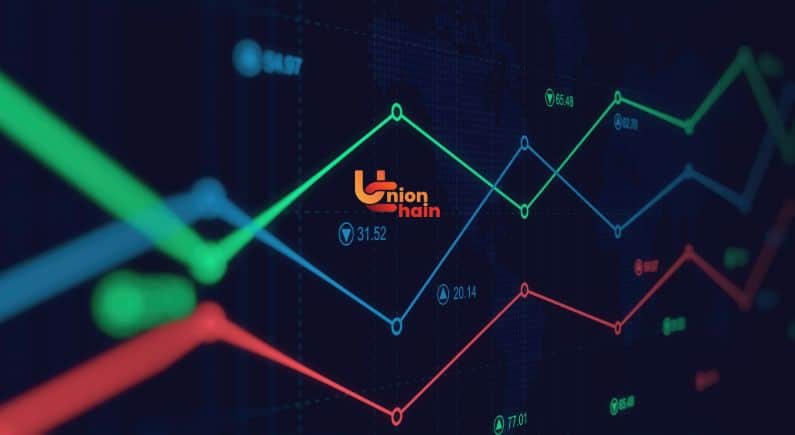Complex path forward for Africa’s neobanks

In the rapidly changing terrain of African neobanks, where just over a year ago, McKinsey described it as a “hotbed for investment,” a different perspective is unfolding.
Despite glimmers of profitability, a deeper analysis reveals persistent challenges that most neobanks on the continent are facing, mirroring struggles faced by their counterparts in more mature markets like the U.K. and the U.S.
Recently, South African digital bank TymeBank, majority-owned by African billionaire Patrice Motsepe’s African Rainbow Capital, made headlines by declaring profitability for the first time in December 2023. However, the celebration might be short-lived as the bank did not disclose full-year financials and remains one among many African neobanks struggling to achieve sustained profitability.
TymeBank’s funding pursuits
Strategically leveraging this moment of profit, TymeBank aims to attract more investors. Having undergone mega funding rounds over the past two years, the startup is eyeing an additional $100 million in funding, potentially valuing the company at over $1 billion. Despite having 8.5 million users in South Africa, its acquisition rate seems to be slowing, raising questions about the sustainability of growth for neobanks in the region.
The journey to profitability for neobanks in Africa is diverse. TymeBank, FairMoney, and Carbon have taken distinct paths, reflecting the dynamic nature of the market. While TymeBank initially focused on delivering zero-to-low-fee bank accounts and savings products before venturing into credit services, FairMoney and Carbon began as online lenders, later expanding their offerings to include accounts and cards.
Acquisitions and capital markets
TymeBank’s acquisition of Retail Capital as its business banking arm and FairMoney’s launch of a private note programme worth N10 billion ($23 million) in Nigeria’s capital markets highlight the importance of stable balance sheets and robust lending propositions for neobanks to achieve profitability. However, it’s crucial to note that despite these strategies, African neobanks predominantly remain loss-making entities. One of the significant challenges facing African neobanks is the impact of bad debt. TymeBank’s recent profitability announcement came at a cost – a substantial increase in the credit impairment charge, indicating the challenges in maintaining a stable lending portfolio. Similarly, FairMoney faced challenges in 2022, influenced by a surge in impaired loans, impacting its net revenue despite substantial top-line growth.
Addressing credit challenges
As neobanks strive to grow into their valuations, addressing credit impairment challenges becomes paramount. FairMoney’s net impairment accounting for 82 percent of its net interest income in 2022 underscores the urgency. TymeBank’s 200x increase in credit loss expense from the previous year emphasizes the need to strengthen credit quality amidst economic headwinds.
While TymeBank’s momentary profitability offers a glimmer of hope, the challenges persist for most African neobanks. Navigating economic uncertainties, credit quality issues, and evolving business models present a complex landscape. As investors seek the next hotbed for fintech investments, African neobanks must strike a delicate balance between growth aspirations and the realities of achieving sustainable profitability.
Related topics:
AIBC News India’s dominance in global fintech






